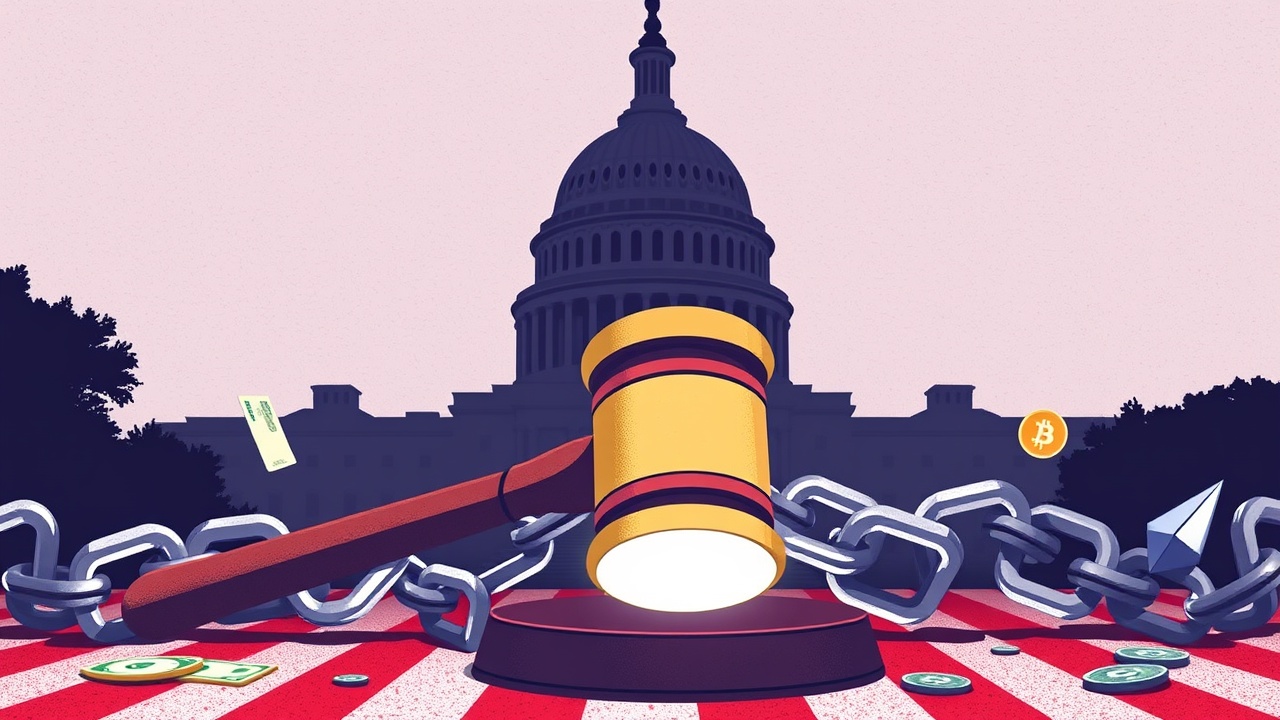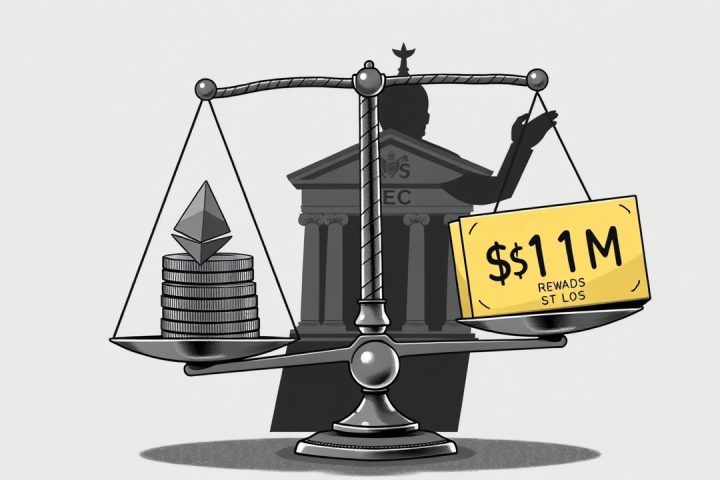Overview of the PROOF Act
In a move aimed at enhancing financial integrity in the cryptocurrency sector, U.S. Senators Thom Tillis and John Hickenlooper have brought back the Proving Reserves of Others Funds Act, also known as the PROOF Act. This bipartisan initiative seeks to address the disarray seen in the wake of the FTX collapse by imposing stricter rules on how crypto custodians manage customer assets.
Key Provisions of the Legislation
First proposed in 2023, the legislation aims to prohibit the mingling of customer assets with company funds, ensuring clearer separation and accountability. Under the proposed law, digital asset companies would be obligated to:
- Participate in monthly third-party audits to verify that their holdings are sufficient to cover customer liabilities.
- Report the findings from these audits to the U.S. Treasury Department and make them public, allowing for greater transparency and trust in the market.
Noncompliance would result in escalating civil penalties for firms, creating a framework within which these companies must operate to maintain their credibility.
Comments from Senators
Senator Tillis emphasized that the bill is a step towards building confidence in digital markets by enforcing responsible asset management practices.
Senator Hickenlooper described the legislation as a necessary measure that aligns crypto entities with the same regulatory standards expected of traditional financial institutions.
Context and Importance
The reintroduction of the PROOF Act occurs against a backdrop of ongoing discussions in Washington regarding the establishment of a comprehensive regulatory architecture for digital assets, reflecting a growing acknowledgment of the need for robust safeguards in the rapidly evolving cryptocurrency landscape.

















